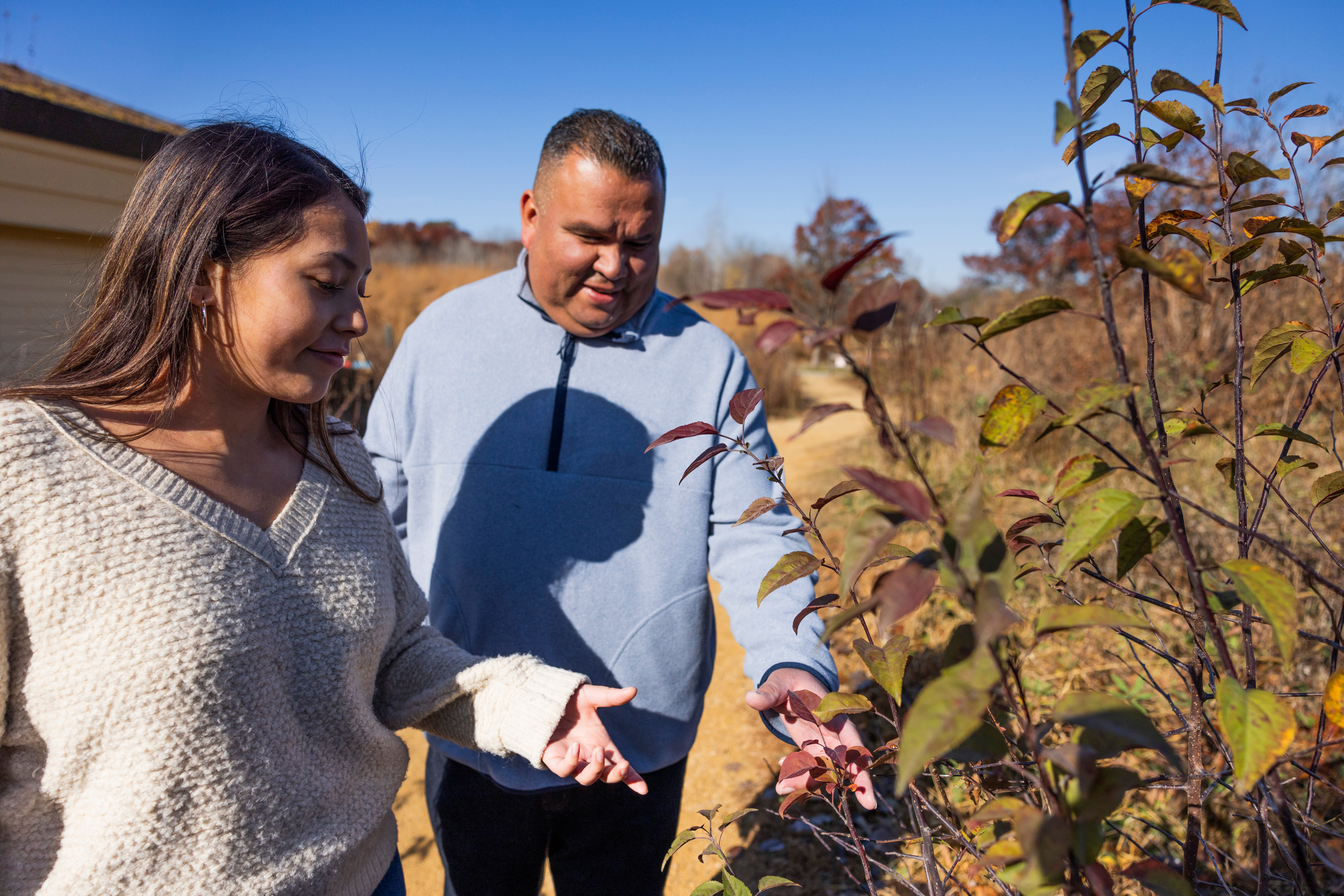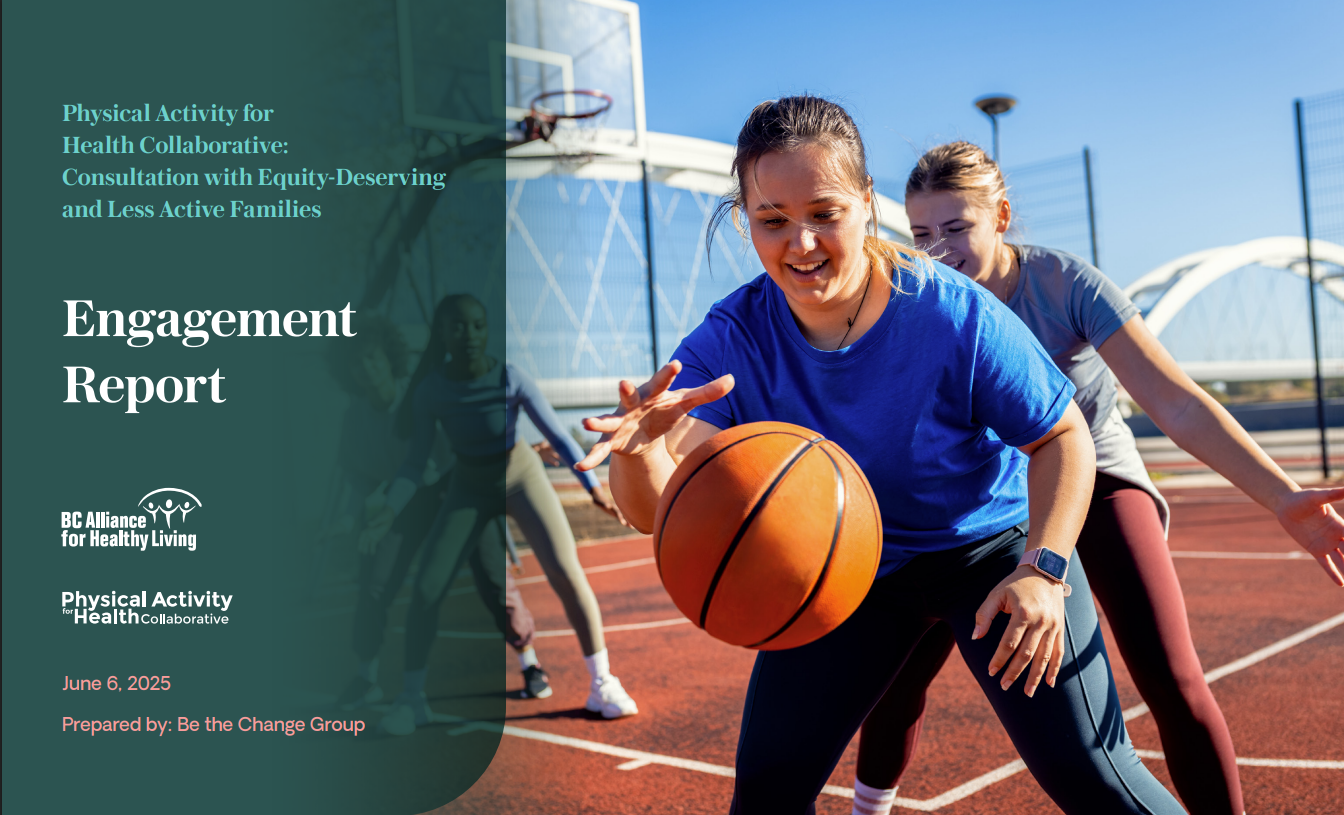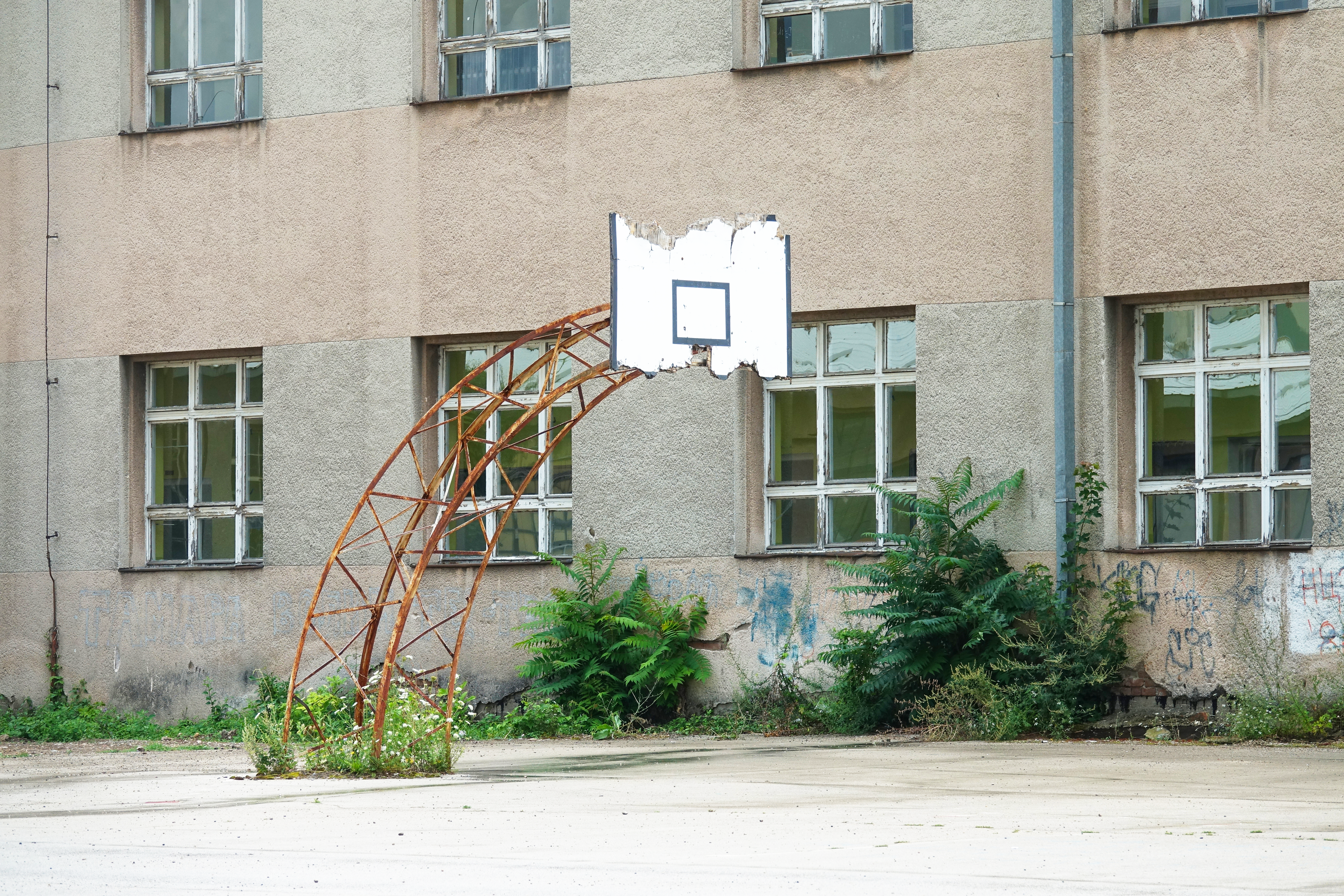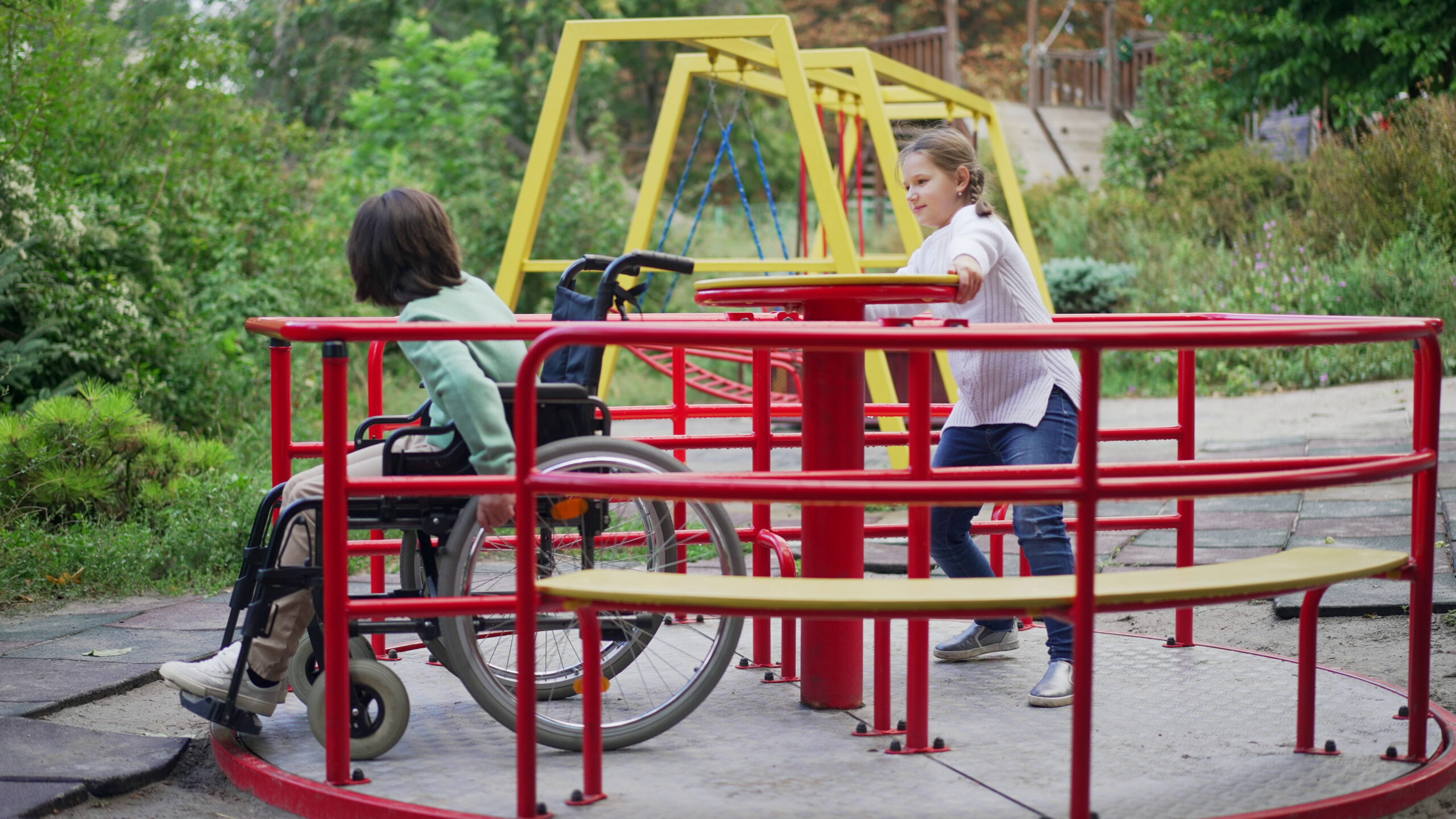The content below is part of the Families Getting Active Report, which reflects the voices of equity-deserving families across BC who especially benefit from targeted, community-informed supports for participating in physical activity. Learn more about this project here.
Indigenous sport and recreation leaders emphasized community members’ desire for diverse physical activity options that reflect community strengths and interests, which include land-based activities centred on Indigenous culture and ways of knowing.
When describing the strengths of successful programs in their communities, several Indigenous leaders described opportunities for leadership as being particularly motivating for local youth. Programs that promote self-growth through physical activity are more likely to sustain participation over a longer duration.
The recommendations in this section highlight opportunities for sport and recreation staff to more effectively include Indigenous families in physical activity opportunities. The participant-informed recommendations below can be used to improve access to physical activity programs and spaces, and experiences within them.
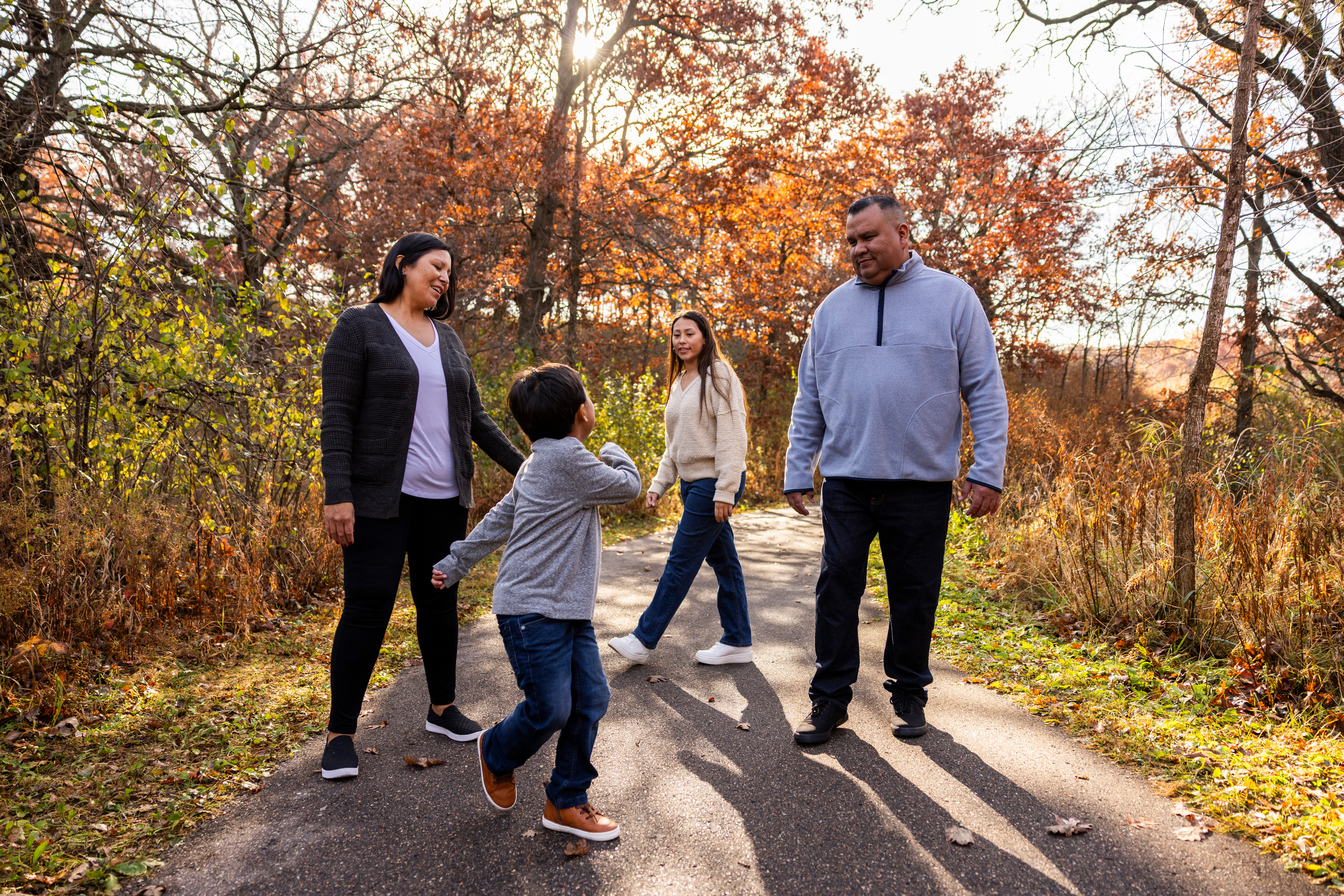
Recommendations:
RECOMMENDATION: Create culturally safe and creative programs.
Replace competition with collaboration by using traditional games, storytelling, and playful metaphors to encourage participation and create space for joy, healing and belonging.
RECOMMENDATION: Integrate food programs as a cultural connector and leadership tool.
Offer food at physical activity gatherings. Meals nourish participants, attract families, and provide leadership roles for youth who can prepare, serve, and learn responsibility.
RECOMMENDATION: Ensure programs are led by consistent, trusted local facilitators.
Ensure programs are run by the same community leaders over time.
“Having more community coaches and more programs that can be run in the community by community would be something that would help it run better and longer term and create a sustainable program.” (Indigenous Sport and Recreation Leader)
RECOMMENDATION: Invest in formal training for Indigenous recreation leaders.
Provide culturally relevant, accessible training for Indigenous facilitators so they’re fully equipped to run sustainable, safe, and inspiring programs in their own communities.
RECOMMENDATION: Re-centre programs on land-based learning and cultural connection.
Teach youth about plants, language, stories, and stewardship as part of every movement experience.
“Over time, there’s been less access to outdoor spaces, less land-based knowledge about plants, stories, language… so I would hope every program includes that land connection and land-based learning.” (Indigenous Sport and Recreation Leader)
RECOMMENDATION: Design programming that welcomes all ages and supports whole-family wellness.
Programs should support holistic wellness, addressing mental, emotional, spiritual, and physical needs, and should be family-friendly and multigenerational.
RECOMMENDATION: Provide a balance of team and individual activities.
Programs outside of mainstream sports are valued. Providing team and individual activities, indoor and outdoor options, and opportunities to be active in nature – including trail running, skiing, and biking – is important.
“Having the proper facilities in community so kids can train regularly and learn the proper skills is so important.” (Indigenous Sport and Recreation Leader)
RECOMMENDATION: Position Indigenous youth as leaders, not just participants.
Build programs that elevate youth as facilitators and mentors, especially older youth guiding younger peers. Youth leadership fosters confidence, pride, and long-term engagement.
